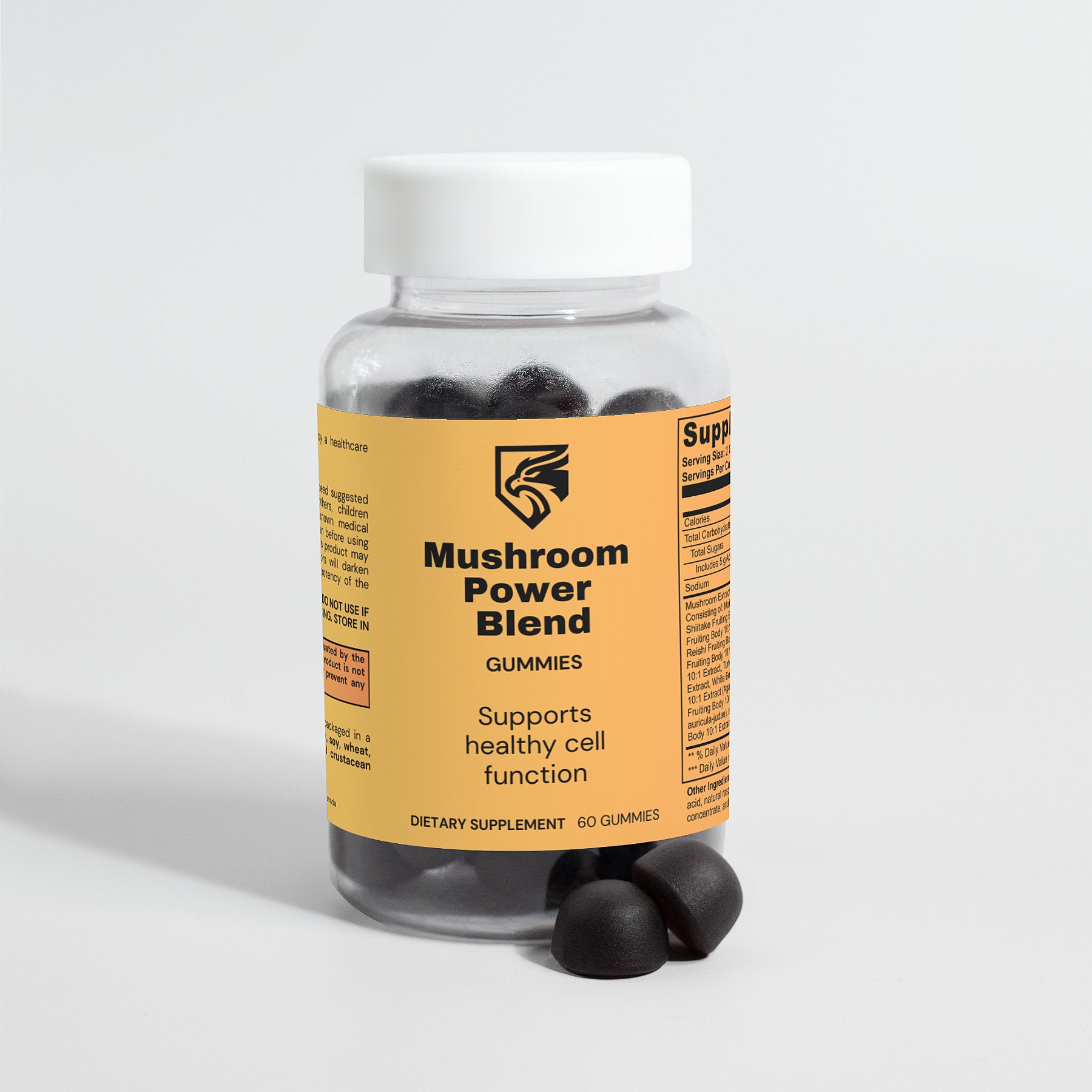Introduction: Hormones play a crucial role in regulating various bodily functions, including metabolism, mood, sexual function, and more. Testosterone, in particular, is a key hormone in men that is responsible for maintaining muscle mass, bone density, sperm production, and overall vitality. However, hormonal imbalances, such as low testosterone levels, can have significant effects on men's health and well-being. In this article, we'll explore the signs, symptoms, and implications of low testosterone levels in men.
Understanding Testosterone: Before delving into the signs of low testosterone, it's essential to understand what testosterone is and its functions in the male body. Testosterone is a hormone primarily produced in the testicles and is responsible for the development of male reproductive tissues and secondary sexual characteristics. It plays a vital role in maintaining muscle mass, bone density, fat distribution, red blood cell production, and sex drive.
Signs and Symptoms of Low Testosterone: Low testosterone levels, also known as hypogonadism, can manifest through various signs and symptoms. While some of these symptoms are subtle and may be mistaken for other health issues, they can collectively indicate a hormonal imbalance. Here are some common signs and symptoms of low testosterone in men:
-
Reduced Libido: One of the hallmark symptoms of low testosterone is a decreased interest in sex or a decline in libido. Men with low testosterone levels may experience a diminished desire for sexual activity, leading to difficulties in maintaining intimate relationships.
-
Erectile Dysfunction: Testosterone plays a crucial role in stimulating the production of nitric oxide, a molecule that helps achieve and maintain an erection. Therefore, low testosterone levels can contribute to erectile dysfunction, making it difficult to achieve or sustain satisfactory erections.
-
Decreased Energy Levels: Testosterone is known to influence energy levels and overall vitality. Men with low testosterone may experience fatigue, lethargy, and a general lack of energy, even after adequate rest and sleep.
-
Loss of Muscle Mass and Strength: Testosterone is essential for maintaining muscle mass and strength in men. Low testosterone levels can lead to muscle loss, weakness, and a decrease in physical performance, making it challenging to engage in regular exercise or physical activities.
-
Increased Body Fat: Testosterone plays a role in regulating fat metabolism, and low levels of this hormone can lead to an increase in body fat, particularly around the abdomen. Men with low testosterone may notice a decrease in muscle tone and an accumulation of fat in the midsection.
-
Mood Changes: Testosterone influences mood and emotional well-being in men. Low testosterone levels have been associated with symptoms of depression, irritability, mood swings, and decreased motivation.
-
Decreased Bone Density: Testosterone is essential for maintaining bone health and density. Low testosterone levels can increase the risk of osteoporosis and bone fractures in men, especially as they age.
-
Cognitive Impairment: Some studies suggest a link between low testosterone levels and cognitive function. Men with low testosterone may experience difficulties with memory, concentration, and cognitive processing speed.
-
Hair Loss: Testosterone plays a role in hair growth and maintenance, particularly in facial and body hair. Low testosterone levels may contribute to hair loss or thinning, leading to a reduction in facial hair growth or even baldness.
-
Infertility: Testosterone is necessary for sperm production and fertility in men. Low testosterone levels can affect sperm quality and quantity, leading to infertility or difficulties in conceiving a child.
Impact of Low Testosterone on Men's Health: Low testosterone levels can have significant implications for men's health and quality of life. Beyond the physical symptoms mentioned above, untreated low testosterone can increase the risk of various health complications, including:
-
Cardiovascular Disease: Low testosterone levels have been associated with an increased risk of heart disease, including coronary artery disease, heart attacks, and stroke.
-
Diabetes: Testosterone plays a role in insulin sensitivity and glucose metabolism. Low testosterone levels may contribute to insulin resistance and increase the risk of type 2 diabetes.
-
Metabolic Syndrome: Low testosterone levels are often linked to metabolic syndrome, a cluster of conditions that include high blood pressure, high blood sugar, excess body fat around the waist, and abnormal cholesterol levels.
-
Sleep Disorders: Low testosterone levels can disrupt sleep patterns and contribute to sleep disturbances such as insomnia or sleep apnea, further exacerbating fatigue and daytime drowsiness.
-
Reduced Quality of Life: The physical, emotional, and psychological symptoms of low testosterone can significantly impact a man's quality of life, leading to decreased self-esteem, relationship problems, and diminished overall well-being.
Diagnosis and Treatment of Low Testosterone: If you suspect you have low testosterone or are experiencing symptoms of hypogonadism, it's essential to consult a healthcare professional for evaluation and diagnosis. Diagnosis typically involves a combination of medical history, physical examination, and blood tests to measure testosterone levels.
Treatment options for low testosterone may vary depending on the underlying cause, severity of symptoms, and individual health considerations. Common treatment approaches include:
-
Testosterone Replacement Therapy (TRT): TRT involves the administration of synthetic testosterone to raise testosterone levels in the body. TRT can be administered through injections, patches, gels, or pellets and is often effective in relieving symptoms of low testosterone.
-
Lifestyle Modifications: In some cases, lifestyle changes such as regular exercise, healthy diet, stress management, and adequate sleep may help improve testosterone levels naturally.
-
Medications: Certain medications, such as clomiphene citrate or human chorionic gonadotropin (hCG), may be prescribed to stimulate the body's natural testosterone production.
-
Addressing Underlying Health Issues: Treating underlying medical conditions such as obesity, diabetes, or sleep apnea can help improve testosterone levels and overall health outcomes.
Conclusion: Low testosterone levels can have profound effects on men's health, vitality, and quality of life. Recognizing the signs and symptoms of low testosterone is essential for early diagnosis and intervention. If you suspect you have low testosterone or are experiencing symptoms of hypogonadism, consult a healthcare professional for evaluation and appropriate management. With proper diagnosis and treatment, many men can effectively manage low testosterone and improve their overall health and well-being.







Leave a comment
All comments are moderated before being published.
This site is protected by hCaptcha and the hCaptcha Privacy Policy and Terms of Service apply.